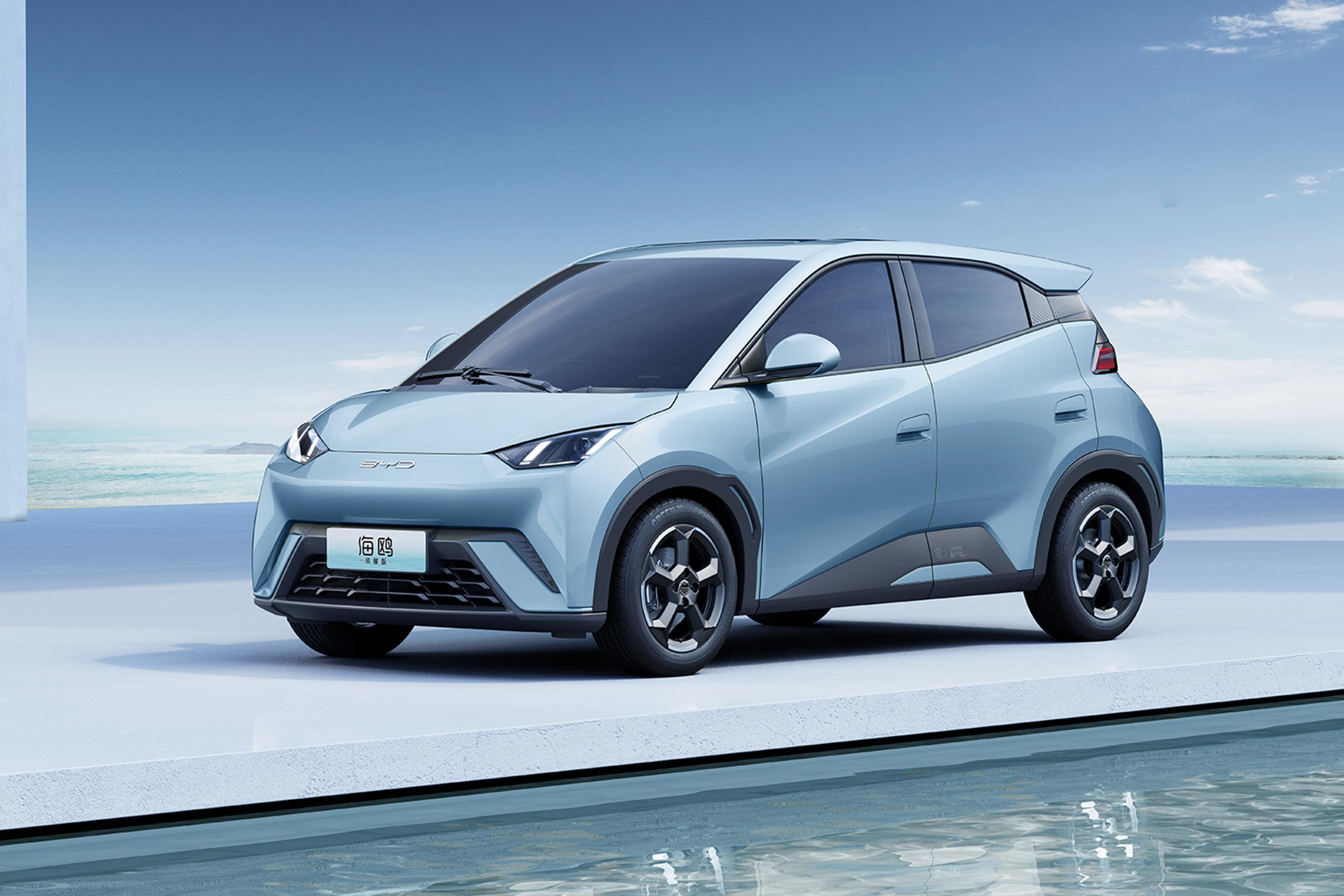Breaking through the million mark again! Sales of new energy vehicles of independent brands hit a new high
![]() 10/22 2024
10/22 2024
![]() 610
610
In the wave of the development of new energy vehicles, the global market is experiencing unprecedented growth. According to the latest data from market research firm RhoMotion, global new energy vehicle deliveries reached 1.7 million in September, 150,000 more than the record in December last year, achieving a year-on-year growth of 30.5%.
Among them, the performance of the Chinese market is particularly noteworthy, with sales reaching 1.1 million, accounting for more than 60% of the global total, and a year-on-year increase of 47.9%. This not only means that China has broken through the million mark in new energy vehicle sales for the second consecutive month, but also indicates that new energy vehicles are very active in the Chinese market.
In September, global deliveries of battery electric vehicles (BEVs) and plug-in hybrid electric vehicles (PHEVs) soared, with the Chinese market performing particularly prominently in this wave. Following August, the Chinese electric vehicle market once again refreshed the monthly sales record. Industry insiders analyze that although the global market is uneven in terms of heat and cold, the significant growth in the Chinese market will play an important role in driving global market growth in the future.

The picture is from BYD official
Chinese automakers are not only performing strongly in the domestic market but are also actively expanding overseas sales, covering other Asian and Latin American markets. Although China's electric vehicle exports to the EU market are facing tariff issues, many Chinese automakers are able to absorb some of the costs associated with tariffs, and some automakers, such as BYD, are seeking to establish factories in Europe to further expand their market share.
In other regions of the world, the sales of new energy vehicles also show significant differences. In September, electric vehicle sales in Europe increased by 4.2% to 300,000 units, mainly due to a 24% increase in the UK market and sales growth in Italy, Germany, and Denmark. Even in the North American market, which was previously uninterested in new energy, electric vehicle sales increased by 4.3% to 150,000 units.
China's consistent strong performance has driven global electric vehicle sales to reach 11.5 million units in the first nine months of this year, an increase of 22% from the same period in 2022. By region, China's sales surged 35% to 7.2 million units from January to September, while electric vehicle sales in the United States and Canada increased by 10% to 1.3 million units. In contrast, 2.2 million electric vehicles were sold in the EU, EFTA, and the UK, a year-on-year decrease of 4%. Sales in other markets worldwide reached 900,000, up 25% year-on-year.
From the above data, it is clear to feel the dominance and influence of independent brands in the new energy market. Taking BYD, the leader in new energy, as an example, it has already launched its new energy models in Japan, Southeast Asia, and the European market at this stage. In 2023, BYD's overseas sales target is 500,000 units, and the sales target for 2025 is 1 million units, with plans for double-digit growth in the next three years.
Another "export maniac" Chery has seen sales growth of up to 664% in the Russian market, while Great Wall Motor has also performed well in overseas markets, with cumulative overseas sales exceeding 200,000 units in the first half of this year. SAIC Motor has seen a surge in sales in many Western European countries, ranking first in exports, and so on.
None of this would have been possible without the years of hard work by independent brands, the support of national policies, and the abundance of domestic labor and raw materials. For automakers, seizing this trend and increasing investment and innovation in the field of new energy vehicles will be the key to maintaining a leading position in the fiercely competitive market.
Source: Leitech






